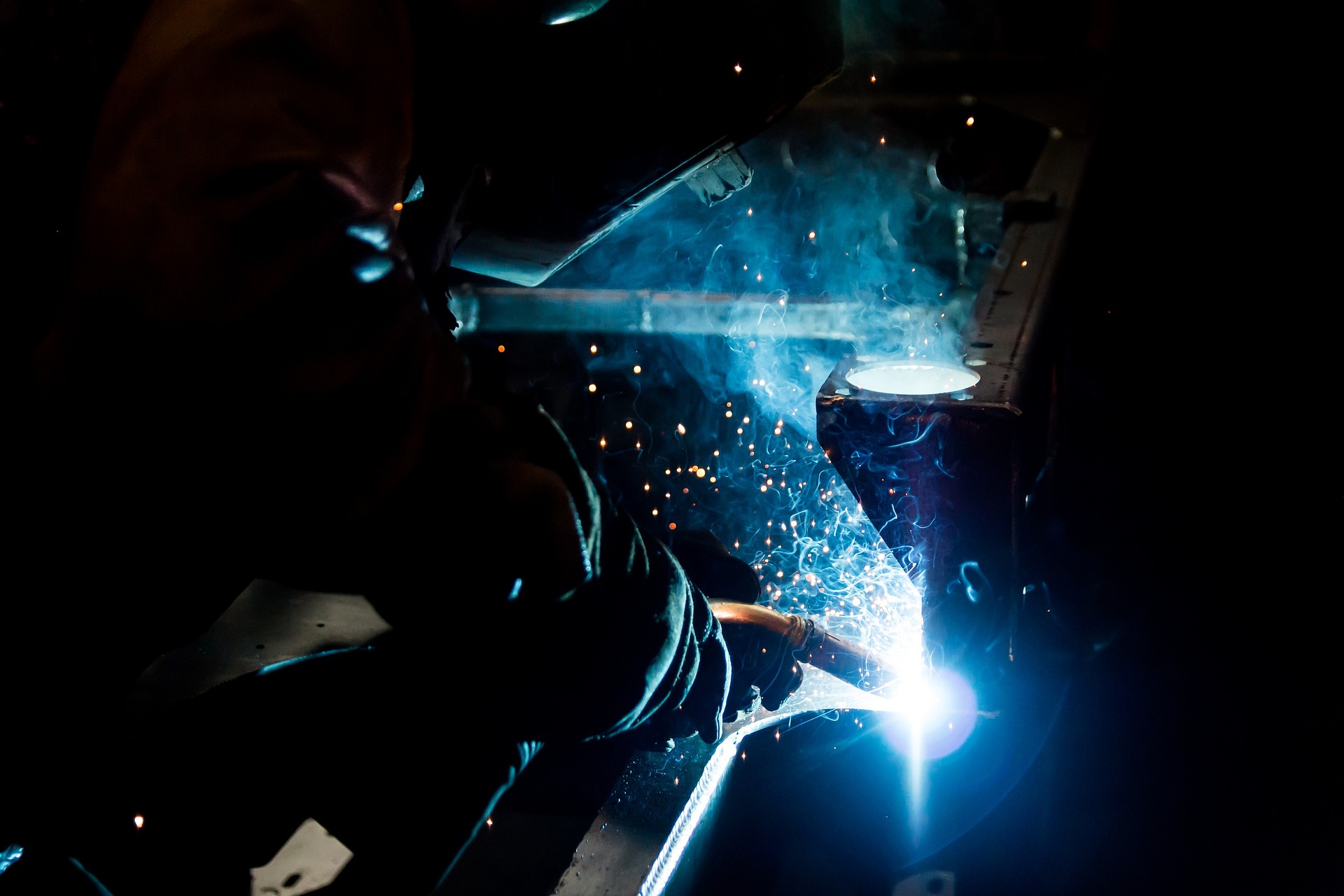Exploring Welding Careers: Opportunities and Insights
Discover the diverse world of welding professions, from construction to aerospace. This guide examines the skills, tools, and market trends shaping the field, offering valuable insights for those considering a welding career. Learn about the various specializations and what it takes to succeed in this dynamic industry.

Welding is a crucial skill in numerous industries, playing a vital role in manufacturing, construction, and more. This article aims to provide an overview of welding as a career path, discussing various specializations, required skills, and industry trends. It’s important to note that job availability and market conditions can vary significantly by location and over time.
Welding Specializations
Welding encompasses a range of specializations, each with its own unique challenges and requirements:
-
Manufacturing Welders: These professionals work in factory settings, often using automated equipment to produce goods.
-
Structural Welders: Focused on construction projects, they join metal components for buildings and infrastructure.
-
Pipeline Specialists: These welders work on joining pipes for various transportation systems, often in remote locations.
-
Aerospace Welding: A highly specialized field requiring precision work on aircraft and spacecraft components.
-
Marine Welding: This category includes both above-water and underwater welding for shipbuilding and offshore structures.
Each of these areas requires specific training and certifications, offering diverse paths for those interested in the welding profession.
Essential Skills and Qualifications
Successful welders typically possess a combination of technical expertise and personal attributes:
-
Welding Techniques: Proficiency in methods such as MIG, TIG, and stick welding is fundamental.
-
Technical Drawing Interpretation: The ability to read and understand blueprints is crucial.
-
Mathematical Aptitude: Basic math skills are necessary for measurements and calculations.
-
Physical Endurance: Welding often involves working in challenging positions for extended periods.
-
Precision and Attention to Detail: Ensuring strong, safe welds requires meticulous work.
-
Safety Consciousness: Understanding and adhering to safety protocols is paramount.
-
Industry Certifications: Many employers value certifications from recognized organizations like the American Welding Society.
-
Specialized Training: Certain fields may require additional certifications, such as those for underwater welding.
Common Tools and Equipment
Welders rely on a variety of tools to perform their work effectively:
-
Welding Machines: The primary tool for joining metals, with various types for different processes.
-
Protective Gear: Including welding helmets, gloves, and flame-resistant clothing.
-
Surface Preparation Tools: Grinders and sanders for preparing metal surfaces.
-
Metal Cutting Equipment: Such as plasma cutters and oxy-fuel torches.
-
Measurement Instruments: Including tape measures, calipers, and levels.
-
Material Handling Tools: Clamps and vises for securing workpieces.
-
Consumables: Welding rods and wires suitable for different materials and processes.
Proficiency with these tools is essential for welders across various specializations.
Industry Outlook
The welding industry is influenced by various factors that can affect job prospects:
-
Infrastructure Investment: Government spending on infrastructure projects can create demand for welders.
-
Manufacturing Trends: Changes in manufacturing processes may impact welding roles.
-
Workforce Demographics: As experienced welders retire, opportunities may arise for new entrants.
-
Technological Advancements: Automation may change some aspects of welding work but also create new roles.
-
Specialized Sectors: Some fields, like aerospace or underwater welding, may offer unique opportunities.
It’s important to research current local market conditions and consult with industry professionals for the most up-to-date information on job prospects in specific areas.
Compensation in Welding Careers
Welding salaries can vary widely based on factors such as experience, specialization, location, and employer. While specific salary figures are subject to change and may not reflect current market conditions, welding careers generally offer competitive compensation, especially in specialized fields.
Factors that can influence earning potential include:
- Level of experience and skill
- Industry specialization (e.g., aerospace, underwater welding)
- Geographic location and local demand
- Union membership
- Overtime opportunities
- Company size and type
Prospective welders should research current salary trends in their specific area and sector of interest for the most accurate information. Consulting with local trade unions, vocational schools, or industry associations can provide valuable insights into compensation expectations.
Conclusion
Welding offers a diverse range of career paths for those interested in skilled trades. While the field presents opportunities across various industries, success requires dedication to skill development, safety practices, and ongoing learning. As with any career choice, it’s crucial to thoroughly research current market conditions, required qualifications, and potential employers in your area. By understanding the various aspects of welding careers, individuals can make informed decisions about pursuing this challenging and rewarding field.






